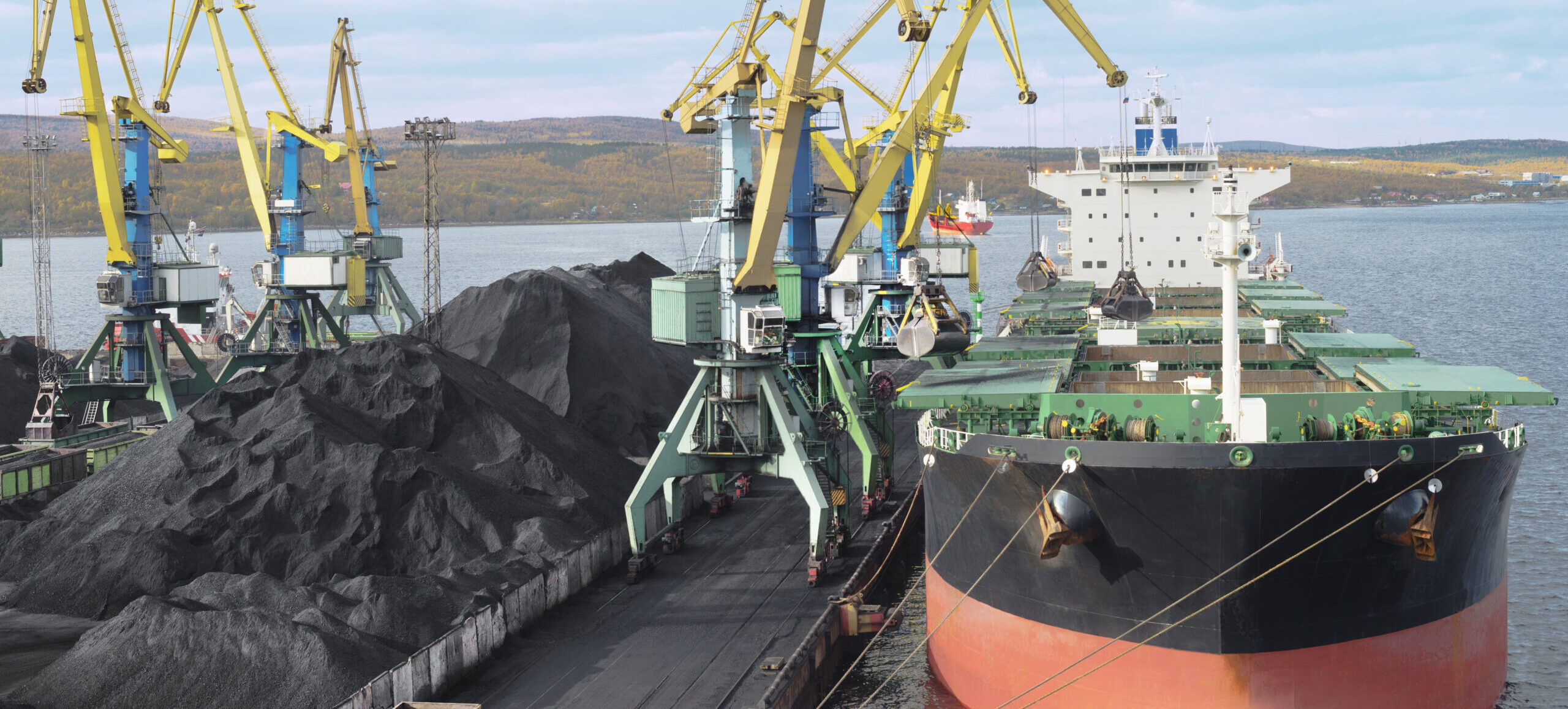The company based in Brazil, by its branch in Switzerland, is the latest charterer to join the global framework for responsible ship chartering.
Copenhagen, 28 March 2022 – AMAGGI Switzerland focuses on generating sustainable development for agribusiness in each stage of the agribusiness production chain. The company is the 31st Signatory to the Sea Cargo Charter, a global framework for aligning chartering activities with responsible environmental behavior.
“By transparently reporting the climate alignment of their chartering activities, Sea Cargo Charter Signatories help promote international shipping decarbonization. We are delighted to see the impact of the initiative grow as more charterers join, and look forward to supporting AMAGGI in their commitment to transparency and accountability under the Sea Cargo Charter,” said Johannah Christensen, Chief Executive Officer of the Global Maritime Forum.
By providing an actionable methodology for measuring the climate footprint of chartering activities, the Sea Cargo Charter allows Signatories to track their progress against global climate targets and make more sustainable decisions.
Signatories commit to publicly reporting how their chartering activities align with the IMO’s ambition for GHG emissions from international shipping to peak as soon as possible and to reduce annual GHG emissions by at least 50% by 2050 compared to 2008 levels.
“Having joined the Science-Based Targets Initiative (SBTi), and engaged in other commitments and partnerships, for AMAGGI being a Signatory of the Sea Cargo Charter is a natural step, in line with its efforts to pursue net zero emissions by 2050. We are pleased to allocate resources towards the greenhouse gas reduction of our maritime flows, foster the use of new technologies as well as engage into further fleet and fuel optimization,” said Alex Haubert, Manager, Ocean Freight at AMAGGI Switzerland.
The Sea Cargo Charter was developed under the auspices of the Global Maritime Forum, which acts as the Secretariat for the Sea Cargo Charter Association, maintaining its day-to-day functions and interfacing with Signatories.
To date, Signatories include ADM, AMAGGI, Anglo American, Bunge, Cargill Ocean Transportation, Chevron, COFCO International, Copenhagen Commercial Platform (CCP), Diamond Bulk Carriers, Dow, Eagle Bulk, Enviva, Equinor, Global Chartering, Gunvor Group, Holcim Trading, K+S Minerals and Agriculture, Klaveness Combination Carriers, Louis Dreyfus Company, Maersk Tankers, Navig8, Norden, Nova Marine Carriers, NYK Bulkship (Atlantic), Rubis Energie, Shell, Tata Steel, Torvald Klaveness, TotalEnergies, Trafigura, and Viterra Chartering.
Other responsible bulk charterers are invited to join.
About AMAGGI
Founded in 1977, AMAGGI is the largest Brazilian grain and fiber company. Present in all stages of the agribusiness chain, AMAGGI operates in the agricultural production of grains, fibers, and seeds, origination, processing, and commercialization of grains and inputs, fluvial and road grains transportation, port operations, in addition to the generation and commercialization of renewable electric energy.
AMAGGI annually produces circa 1.1 million tons of grains and fibers – among soybeans, corn, and cotton – and has a commercial relationship base of approximately 6.000 rural producers. In 2021, it traded circa 17.8 million tons of grains and fibers worldwide.
Headquartered in Cuiabá (Mato Grosso), AMAGGI is present in all regions in Brazil, with farms, warehouses, offices, factories, river and road fleet, port terminals, and hydroelectric power plants. There are 74 units located in 42 municipalities within nine states. Abroad, the company has units and offices in countries such as Argentina, China, the Netherlands, Norway, Paraguay, and Switzerland.
For more information: www.amaggi.com.br/
Media contact: Renê Rodrigues | +55 65 99626 1459
assessoria.comunicacao@amaggi.com.br
About the Sea Cargo Charter
The Sea Cargo Charter is a global framework for measuring and reporting the alignment of ship charterers’ activities with climate goals. Recognizing charterers’ role in promoting responsible environmental stewardship throughout the maritime value chain, the Sea Cargo Charter provides them with the tools to foster collaboration with shipping business partners, gain insight to enhance strategic decision-making, and address the impacts of climate change.
The Sea Cargo Charter is built on four principles – Assessment of climate alignment, Accountability, Enforcement, and Transparency – which it shares with the Poseidon Principles for Financial Institutions and the Poseidon Principles for Marine Insurance. Established under the auspices of the Global Maritime Forum, the three initiatives aim to increase the transparency of environmental impacts within global seaborne trade, promote industry-wide change, and support a better future for the industry and society.
For more information, please visit www.seacargocharter.org
Media contact: Tina Maver | Communications Manager | +45 3114 1634 | tm@globalmaritimeforum.org



